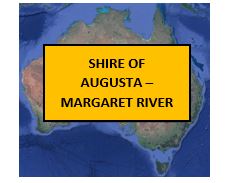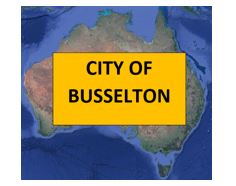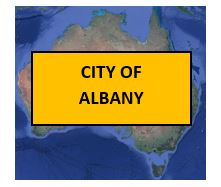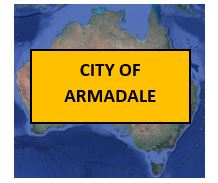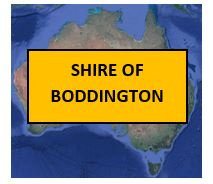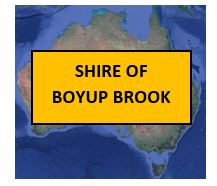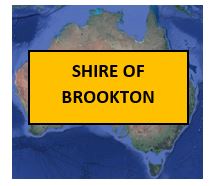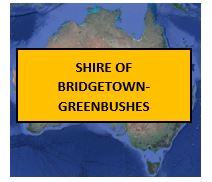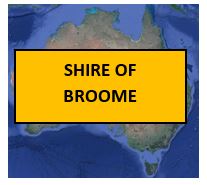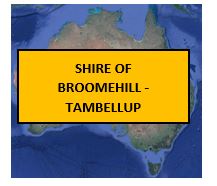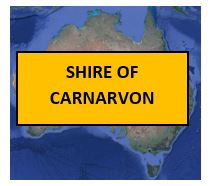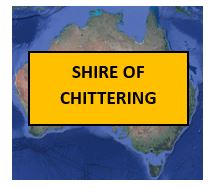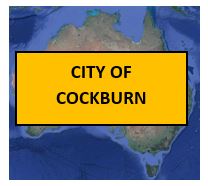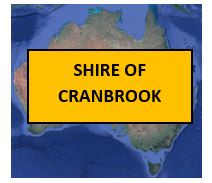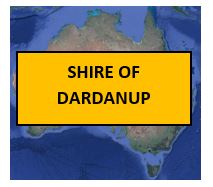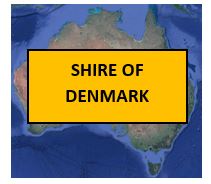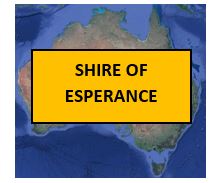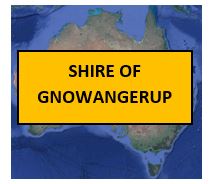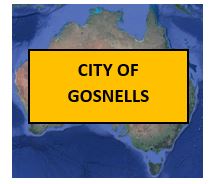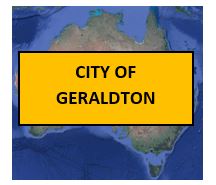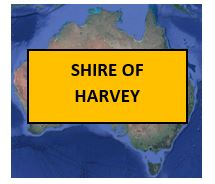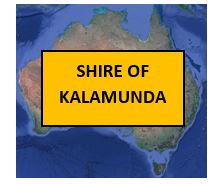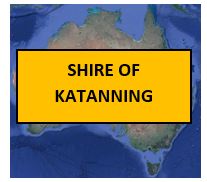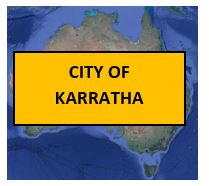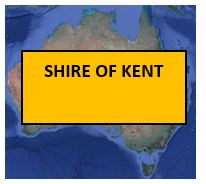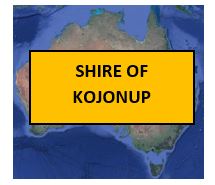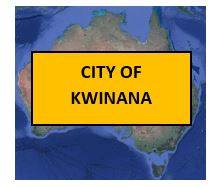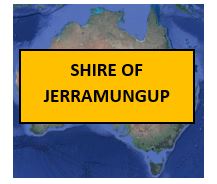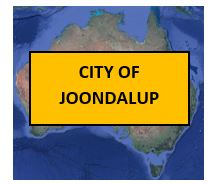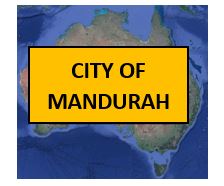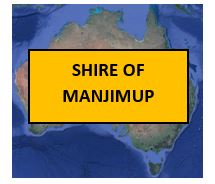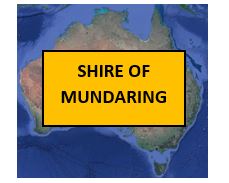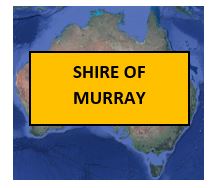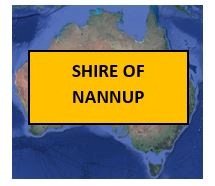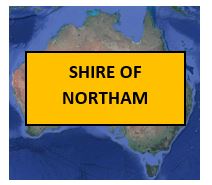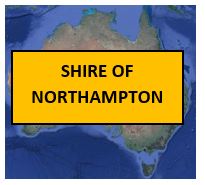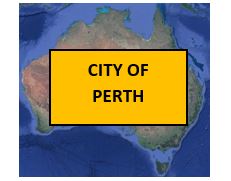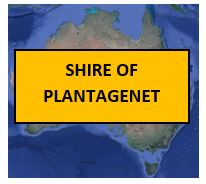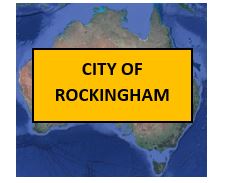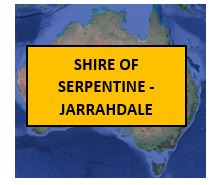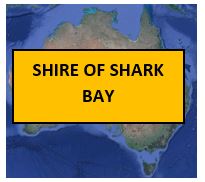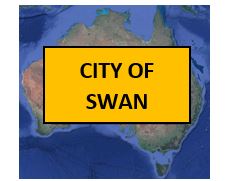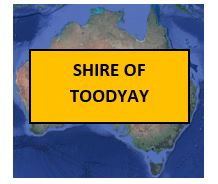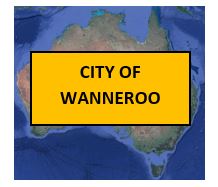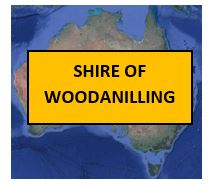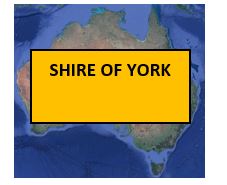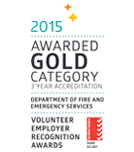Does your project require the use of a Level 3 BPAD Practitioner?
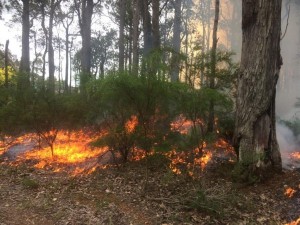
What can Bushfire Prone Planning Offer?
We also offer the services of;
- Expert witness, State Administrative Tribunal (SAT) and Appeals
- Insurance matters
- Bushfire Investigation
For vulnerable and high risk land uses, a Level 3 BPAD Accredited Practitioner must be engaged
Under the State bushfire planning provisions, certain planning and development projects are defined as ‘vulnerable’ and /or ‘high risk’ land uses. Examples of land use that meet these definitions can include:
- Hospitals, nursing homes and retirement villages
- Tourist accommodation including camping grounds and ecotourism
- Childcare centres, schools and educational establishments
- Places of worship
- Corrective institutions
- Service Stations and fuel depots
- Land Fill
- Bulk storage of hazardous materials and heavy industrial developments
- Military bases
- Power generating land uses
- Saw mills
- Highways and railways
This definition may also include places of assembly, retail and office premises, family day care centres or home businesses, and essential infrastructure such as energy, transport, telecommunications and other utilities.
If you are involved with the planning of such projects in designated bushfire prone areas, there are specific bushfire risk assessments and associated documents that are required by the provisions. The State has adopted the Bushfire Planning and Design (BPAD) Accreditation Scheme to determine the qualifications of the bushfire practitioners who can provide you with these services.
The services that are only able to be provided by a Level 3 Practitioner include:
- Provision of a Bushfire Management Plan specifically for vulnerable and high risk land uses;
- AS3959 – 2009 Bushfire Attack Level assessments using the detailed Method 2;
- Provision of Bushfire Evacuation (Response) Plans and/or a Risk Management Plans – as required for vulnerable and high risk land use; and
- Provision of performance based alternative solutions when required to solve identified limitations in your project and meet bushfire planning requirements
- April 2025
- February 2025
- November 2024
- October 2024
- September 2024
- August 2024
- May 2024
- April 2024
- August 2023
- July 2023
- April 2023
- May 2022
- February 2022
- November 2021
- March 2021
- February 2021
- January 2021
- November 2020
- October 2020
- August 2020
- June 2020
- April 2020
- March 2020
- February 2020
- November 2019
- August 2019
- March 2019
- January 2019
- November 2018
- October 2018
- May 2018
- March 2018
- February 2018
- November 2017
- October 2017
- September 2017
- August 2017
- June 2017
- April 2017
- March 2017
- February 2017
- January 2017
- December 2016
- November 2016
- August 2016
- July 2016
- May 2016
- April 2016
- March 2016
- February 2016
- January 2016
- December 2015
CATEGORIES
ARCHIVES
- April 2025
- February 2025
- November 2024
- October 2024
- September 2024
- August 2024
- May 2024
- April 2024
- August 2023
- July 2023
- April 2023
- May 2022
- February 2022
- November 2021
- March 2021
- February 2021
- January 2021
- November 2020
- October 2020
- August 2020
- June 2020
- April 2020
- March 2020
- February 2020
- November 2019
- August 2019
- March 2019
- January 2019
- November 2018
- October 2018
- May 2018
- March 2018
- February 2018
- November 2017
- October 2017
- September 2017
- August 2017
- June 2017
- April 2017
- March 2017
- February 2017
- January 2017
- December 2016
- November 2016
- August 2016
- July 2016
- May 2016
- April 2016
- March 2016
- February 2016
- January 2016
- December 2015


